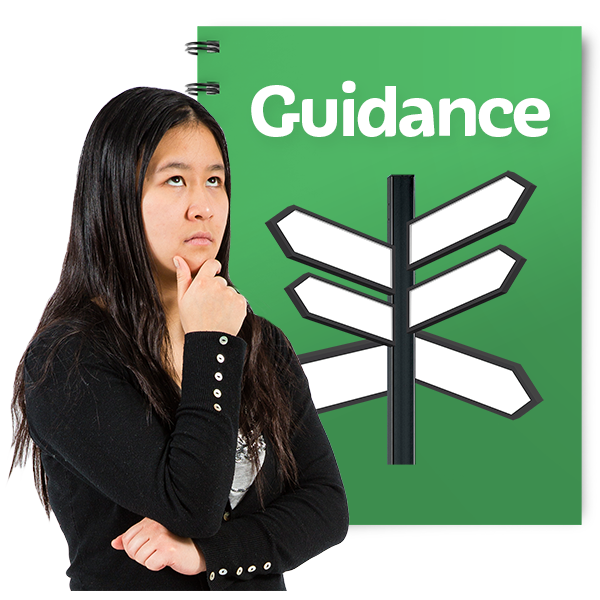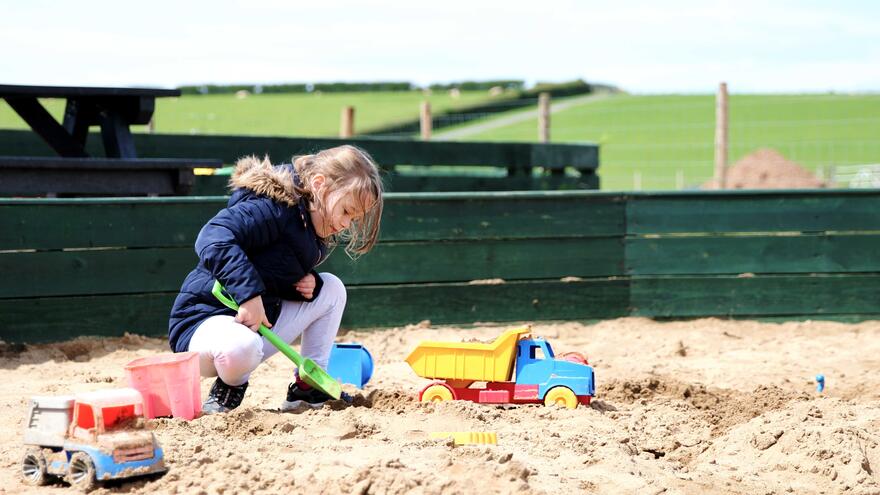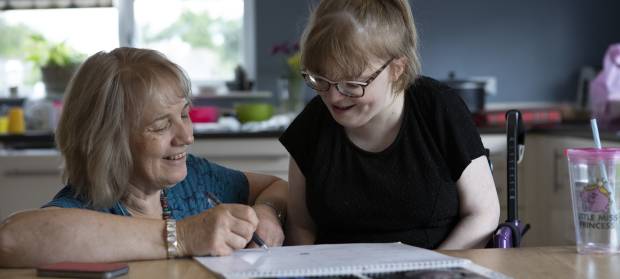Your frequently asked questions
We've given answers below to some of your questions around Wills and Trusts.
Click each question to reveal the answer.
What will happen if I die without a Will set in place?
In this situation the rules of intestacy will apply.
This may result in your estate not being distributed as you would wish.
More information about intestacy can be found on the government website.
Should I leave my child an inheritance?
Leaving gifts outright can cause a number of problems for someone with a
learning disability
 A learning disability is to do with the way someone's brain works. It makes it harder for someone to learn, understand or do things.
. Means tested benefits and support packages funded by the local authorities may be cut, leading to the inheritance being used to pay for these services until it runs out.
A learning disability is to do with the way someone's brain works. It makes it harder for someone to learn, understand or do things.
. Means tested benefits and support packages funded by the local authorities may be cut, leading to the inheritance being used to pay for these services until it runs out.
A new application for benefits or support packages will then have to be made with no guarantee they will receive what they were previously entitled to.
Inheriting a large amount of money, particularly at such an emotionally distressing time, can cause other problems. Your loved one may become susceptible to financial abuse from others, or may lack the ability to deal with their new-found wealth.
Placing money in
a Trust
 A Trust looks after money for a person or a group of people.
is a safer way to provide ongoing stability for your son or daughter.
A Trust looks after money for a person or a group of people.
is a safer way to provide ongoing stability for your son or daughter.
Can I leave my money to another family member to just look after?
This is not advisable.
If a family member is left the money on behalf of your child, in the eyes of the
law
 Laws are the rules that everyone in the country has to follow. If you don't follow the rules you can get in trouble with the police.
it is their money. This means that if they were to divorce, file for bankruptcy or manage their
finances
Laws are the rules that everyone in the country has to follow. If you don't follow the rules you can get in trouble with the police.
it is their money. This means that if they were to divorce, file for bankruptcy or manage their
finances
 Finances are anything to do with money.
badly, the money would be classed as theirs and could potentially be lost.
Finances are anything to do with money.
badly, the money would be classed as theirs and could potentially be lost.
Unfortunately family
relationships
 Relationships are about the people in your life. You might have different types of relationships like friendships, family relationships, or a boyfriend or girlfriend.
can also change over time and circumstances may change.
Relationships are about the people in your life. You might have different types of relationships like friendships, family relationships, or a boyfriend or girlfriend.
can also change over time and circumstances may change.
Can I leave property to my child?
Yes this can be done, although it is strongly advised to leave the property within a Trust.
It is also advisable to leave additional funds for any maintenance and upkeep costs that may occur, as the chosen Trustees will be responsible for the upkeep of the maintenance of the property.
Your letter of wishes can state what you wish to happen to the property if it no longer becomes suitable for your loved one.
When should I set up my Trust?
A Trust can either be created in your Will so that it only commences on your death, or it can be created in your lifetime and start immediately.
You can then leave a further sum of money to the trust under the terms of your Will. Your solicitor will discuss this with you and advise you of all the options available to you.
What can I put into Trust?
Anything can be put into the Trust – money and property are the most common.
These are then distributed as and when to beneficiaries of the Trust, which will include your child with a learning disability, by the Trustees.
The letter of wishes you will have written often acts as
guidance
 Guidance means being given clear instructions to be able to do something well.
for the Trustees.
Guidance means being given clear instructions to be able to do something well.
for the Trustees.
What are the duties and responsibilities of Trustees and how do they make decisions?
It is advisable to have a minimum of two Trustees per Trust. Their responsibilities include fully understanding the Trust Deed and following the terms of the Trust.
They must act personally and all decisions must be unanimously agreed by the Trustees. Because the Trust only exists for the benefit of your child with a learning disability, every decision the Trustees make needs to be in the best interest of the beneficiary, and they are held accountable for any investments made.
How do I leave a gift to charity in my Will or Trust?
Over 50% of Mencap’s voluntary income comes from gifts left in Wills and Trusts.
These gifts allow us to be there for people with a learning disability and their families through every stage of their lives. They fund our Wills & Trusts Service, the free Planning for the Future seminars and advice that gives parents and carers crucial information to plan for the future of a loved one with a learning disability.
Without the kind people who support Mencap by leaving gifts in their Wills and Trusts, many of our services just wouldn’t be able to continue.
There are a number of ways to remember a charity. You could consider nominating Mencap as the final beneficiary of your Trust, after all other beneficiaries have passed away. After your loved one's lifetime, any funds left in your Trust would then go towards supporting Mencap's crucial work. Or you may prefer to include a gift to Mencap in your Will.
To make sure your kind gift reaches Mencap, please include our full name, address and charity number in your Will or Trust:
- Royal Mencap Society of 6 Cyrus Way, Peterborough, PE7 8HP.
- Charity Registration Number 222377

Planning For The Future
Our free Wills and Trusts seminars offer practical information about writing a Will and setting up a Trust, and explain how your child could be affected if you don't have a Will or Trust in place.
We've created some guides to help you start to explore the right solution for your child’s future, and include our guides to Wills and Trusts, Guardianship and the
Mental Capacity
 Mental capacity means being able to make a decision when it needs to be made.
Act (2005).
Mental capacity means being able to make a decision when it needs to be made.
Act (2005).
Complete our online form to access the Wills and Trusts guides you need.
Find out more
Our Wills and Trusts Team can help you with the vital task of providing financial stability for your child’s future. We offer free and impartial information to help you when considering your options.
Contact us for assistance, or just for an informal chat about your situation and what options may be available to you.
Phone us on 0207 696 6925 or email willsandtrusts@mencap.org.uk.
